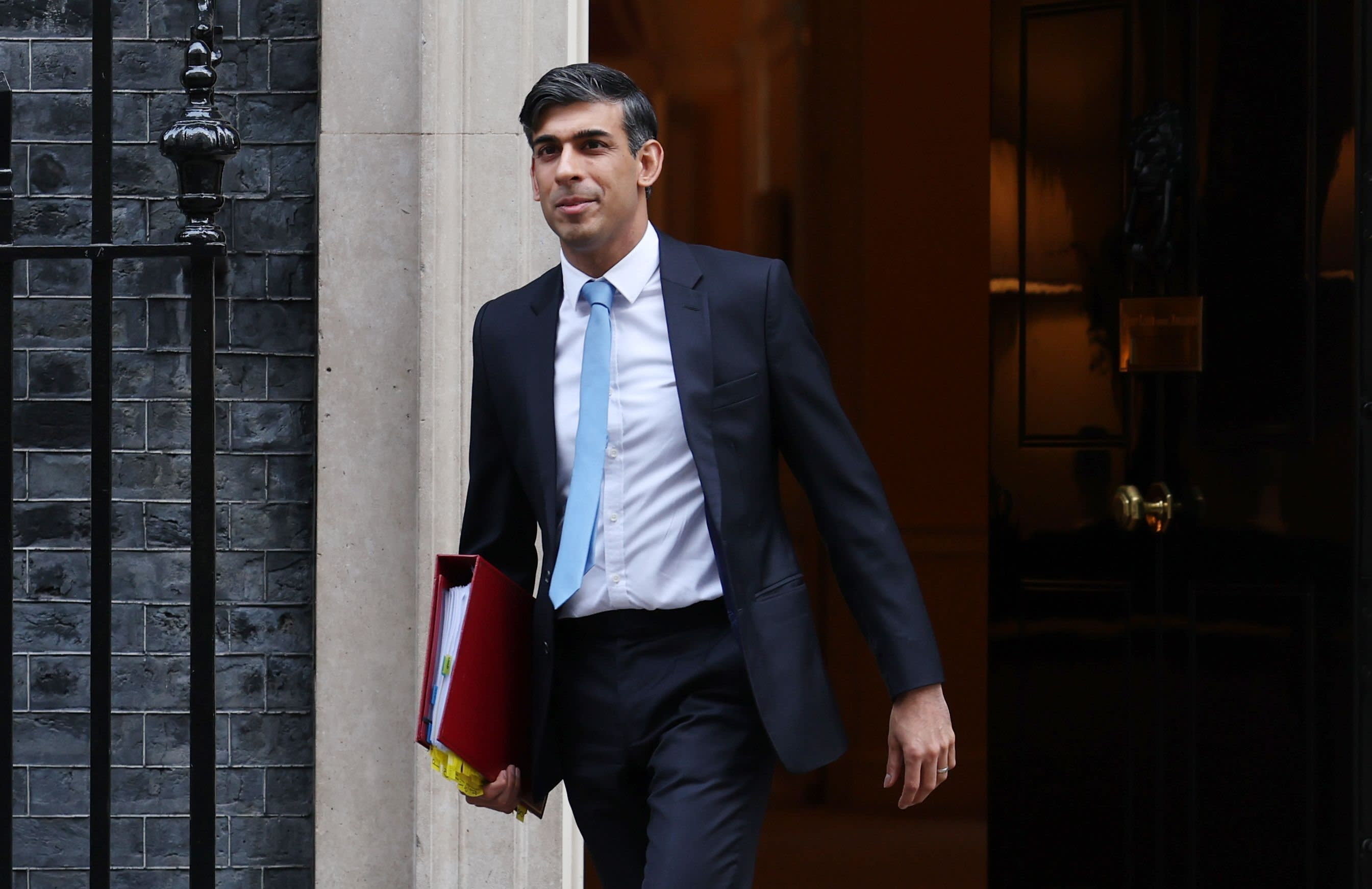Mike Kellard, chief executive of Axa Wealth, credited his firm’s success with a long-term strategy that foresaw the changes that RDR would bring and moved quickly to make life as easy as possible for its intermediary clients..
Mr Kellard pointed to Axa Wealth’s decision to sell the back-book of its life division as one the company’s bold, but ultimately rewarding plays.
“It is not about one year that gets you success,” he said. “In 2010 and 2011 we sold the back-book of Axa Life and we kept and built our new businesses.
“Selling the bigger part of our business was seen as a risky play by some in the industry, but for us it was key to simplifying our business.
“We were supporters of the RDR model and we felt the model of life companies was not the right one, so we moved our business in a different direction,” he added.
This year Axa Wealth dominated the investment and life and pensions five-star categories, which would suggest that these changes have been well received within the industry. Another factor that has contributed to the provider’s success in 2013 is its RDR-friendly models.
According to Mr Kellard, Axa Wealth has used flexible charging for the past 10 years and has also been quick to lead the way in innovative changes that have shaped industry trends.
Clean share classes, which are described as simple and easy to explain to customers, have rocketed in popularity since the new industry-wide regulations came into effect at the start of the year, and Axa Wealth has taken full advantage of getting in ahead of the pack.
Mr Kellard said: “I remember when people were arguing about clean share classes. We launched 1,000 before our competitors and now about 80 per cent – the lion share – of our Elevate platform business is in clean share classes.
“Once again, it is all about positioning yourself where the market can move.”
However, while the Axa Wealth chief executive attributed this move to clean share classes as a pivotal move, he also criticised rival providers who have automatically switched clients to different share classes.
Axa Wealth’s philosophy, he said, is to listen and not assume, which is why it leaves the decision-making processes to qualified financial advisers.
The art of listening is one of five rules that Mr Kellard ascribes to running a successful financial business. Listening and then implementing is one of his key philosophies and involves approaching clients about their concerns before searching for a way to apply a solution.
This is achieved, he said, by going on the road and getting in contact with advisers, while running a number of IFA workshops and study groups.
Other rules involve being bold by making decisions and changes before competitors, and embedding a culture of customer service within the company.
Mr Kellard repeatedly emphasised the strong culture of customer service within Axa Wealth and mentioned John Lewis as the type of company that his firm attempted to emulate.





